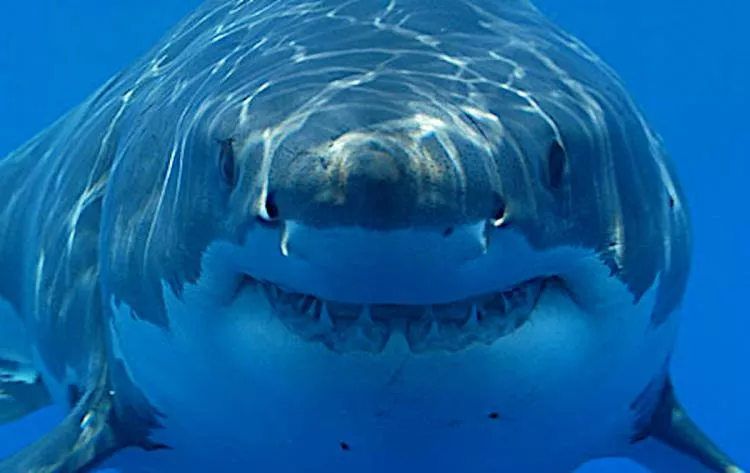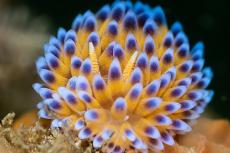Debate Over South Africa's White Shark Population Stability
An international team of researchers has challenged the findings which suggested that white shark populations in South Africa have remained stable since 1991, with a shift eastward attributed to predation from orcas.
The debate surrounding the stability of South Africa's white shark population has intensified. A rebuttal article raises concerns about the validity of the claims raised in a recent academic article about white shark population stability and the potential implications for conservation efforts.
Dr. Enrico Gennari, lead author of the rebuttal article, emphasizes the urgency of white shark conservation in South Africa, citing multiple threats such as shark nets and longline fisheries. He argues that even a few mortalities could destabilize the population. This contradicts the notion of stability put forth in the original study.
The authors of the original study acknowledge the importance of conservation, yet they stand by their findings of population stability up to 2020. They stress the need for more data to track population changes accurately.
Orca predation vs long-line fisheries
The debate also delves into the role of orcas in the white shark population's eastward migration. While orca predation is acknowledged as a contributing factor, some experts argue that human-induced threats, such as lethal shark control programs and longline fisheries, play a more significant role in population decline.
White sharks vulnerable
The controversy highlights the complexity of balancing conservation efforts with human activities. With estimates suggesting a dwindling population of white sharks in South Africa, there is a growing consensus among scientists about the urgent need for action to protect these iconic marine predators.
The ongoing debate serves as a wake-up call for policymakers and the public, underscoring the importance of proactive measures to ensure the survival of white sharks in South Africa's waters.









































